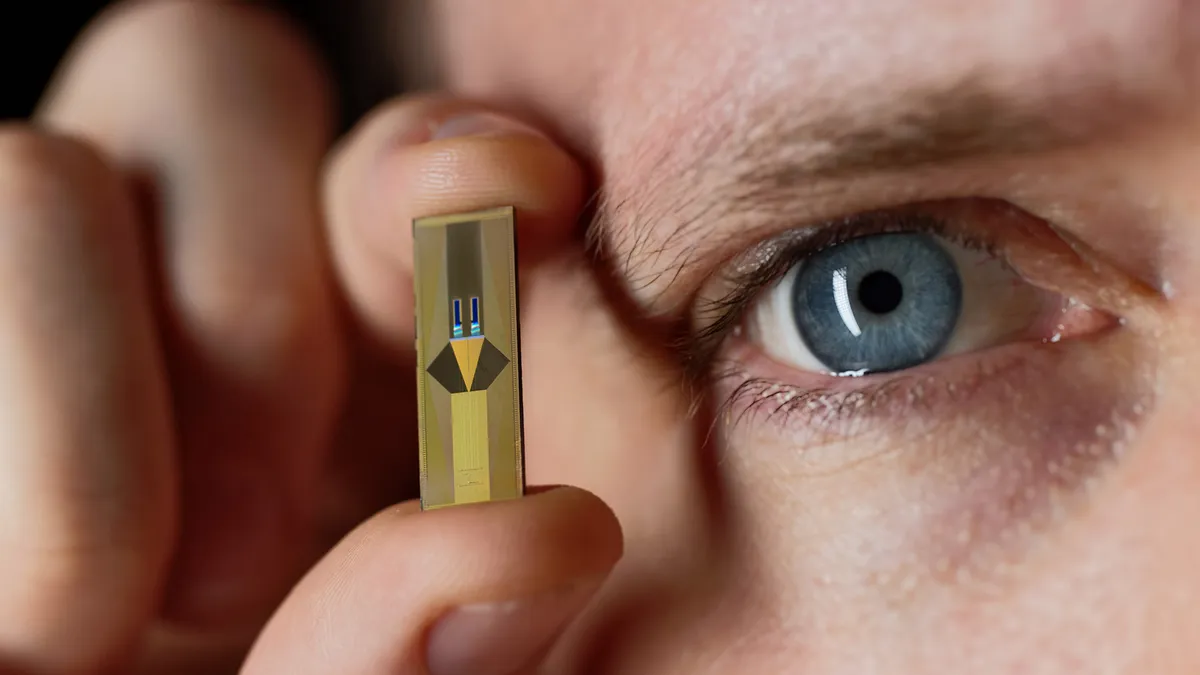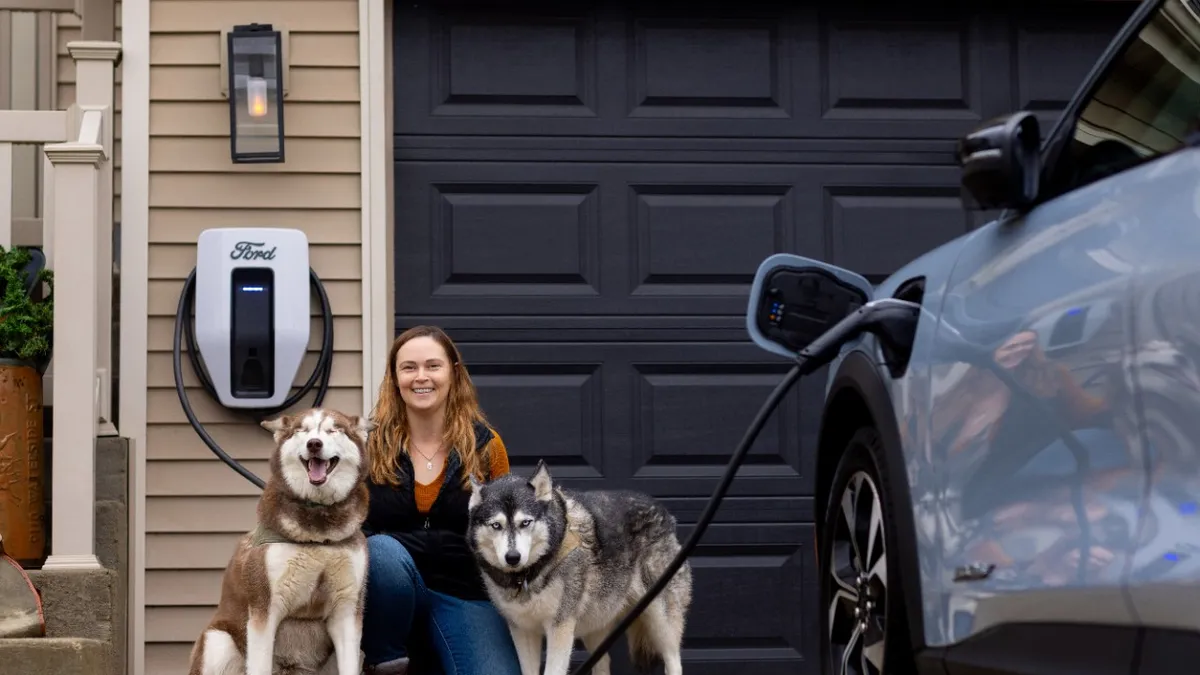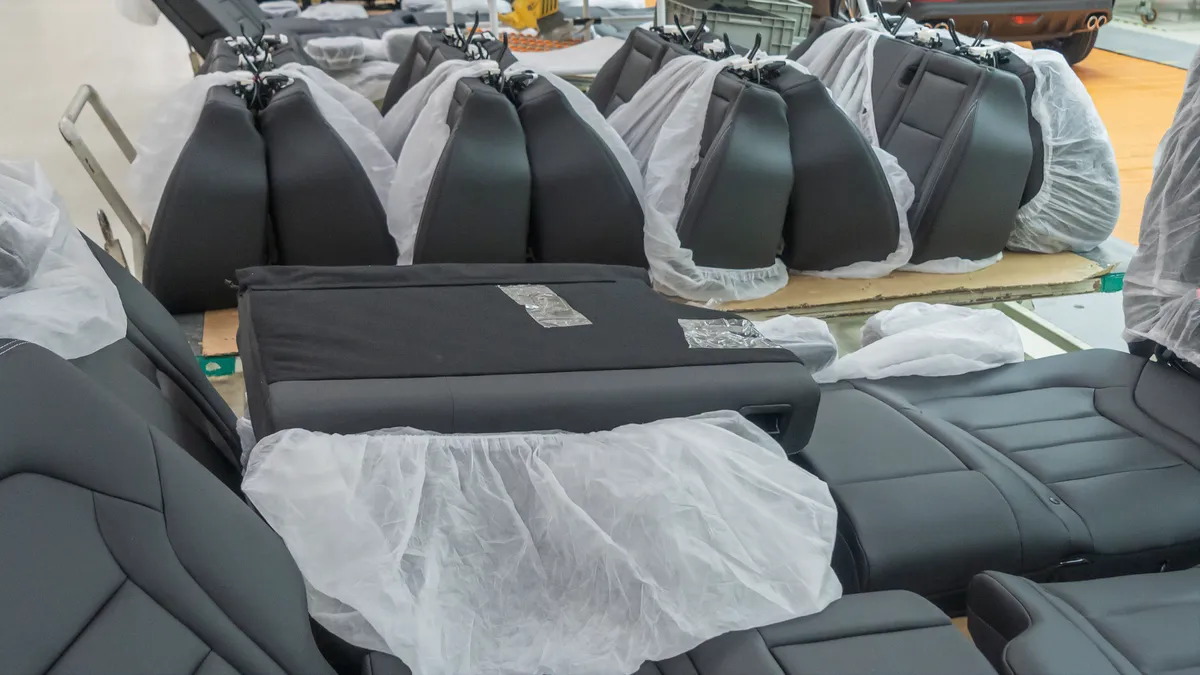Dive Brief:
- Stellantis’ venture capital arm, Stellantis Ventures, has invested an undisclosed amount in lidar technology startup SteerLight, according to a press release last month.
- The company’s technology has no moving parts, is more precise and costs less to produce than previous generation lidar technology, according to the release.
- Stellantis said it may eventually use the technology, which embeds the entire system on a microchip, to improve its advanced driver assistance systems and autonomous driving features in future vehicles.
Dive Insight:
As modern vehicles become more complex, automakers are investing in tech companies and startups to access new technologies that can improve safety and support higher levels of autonomous driving functions. Stellantis Ventures, for example, has invested in 12 startups since launching in 2022.
“A central aspect of our strategic plan is identifying groundbreaking technologies that deliver substantial value to our customers on a large scale,” said Ned Curic, chief engineering and technology officer at Stellantis, in a press release. “Automated driving enhancements remain a top priority at Stellantis. The game-changing work at SteerLight can enable enhanced and widespread ADAS applications.”
Frequency-modulated continuous wave lidar — the technology SteerLight uses — can simultaneously identify highly reflective and low-reflective objects, which can improve performance at night and during poor weather conditions, such as fog, rain and snow, according to a white paper by Bridger Photonics.
The technology is also less susceptible to interference, which can improve the performance of ADAS and autonomous driving systems, according to Stellantis.
Last November, Stellantis Ventures, along with General Motors’ venture capital arm, participated in a $33 million funding round for Niron Magnetics, a Minnesota-based developer of more sustainable, rare earth-free permanent magnets for electric vehicle motors. And in January, Stellantis Ventures invested in Tiamat, a France-based EV battery startup developing sodium-ion alternatives to lithium-ion batteries.














